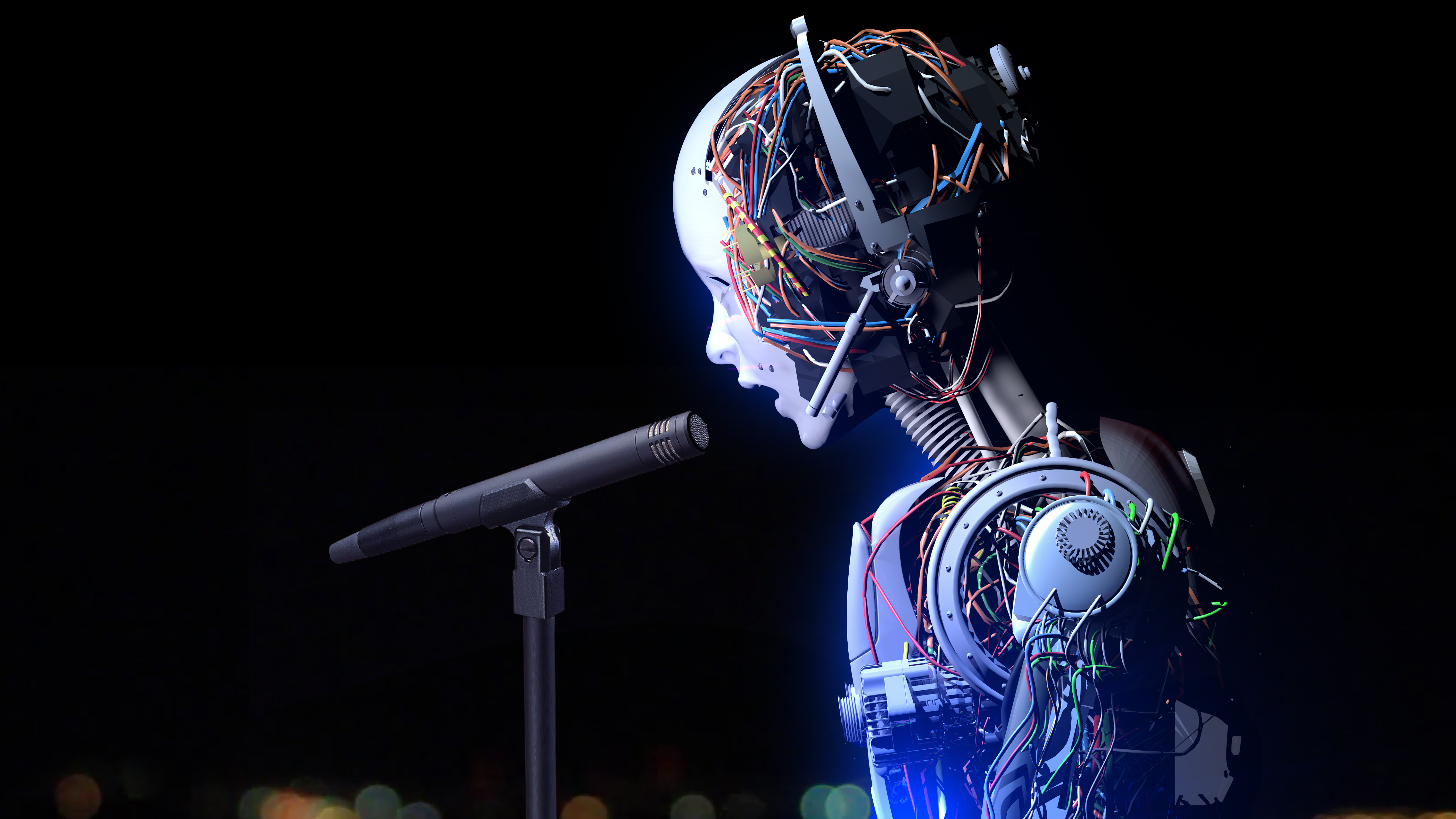Google and Universal Music in talks over licensing artists' voices for AI-generated songs
Home to Taylor Swift, Justin Bieber and Adele, Universal plans to develop a tool that fans can use to create tracks using the voices of artists from their catalogue

Want all the hottest music and gear news, reviews, deals, features and more, direct to your inbox? Sign up here.
You are now subscribed
Your newsletter sign-up was successful
Google and Universal Music are negotiating a deal that could see the voices of artists' from Universal's catalogue officially licensed for use in AI-generated songs, the Financial Times reports.
While talks are still at an early stage and no product launch has been announced, the ultimate goal is to develop a paid-for tool that can be used by fans to transform their own voices into those of well-known artists' using AI technology; artists would have a choice to opt into the platform and receive royalties from the licensed use of their voice.
This would enable Universal and its artists to monetize the practice of AI voice cloning, the unofficial use of which is already widespread. Fans are using AI to create AI cover songs that mimic artists' voices, giving rise to such oddities as Frank Sinatra singing Master of Puppets, Johnny Cash singing Barbie Girl and Donald Trump and Joe Biden teaming up for Sultans of Swing.
Universal is the world's biggest record label, home to artists like Justin Bieber, Taylor Swift, Billie Eilish, Adele and Elton John. Once developed, its AI vocal software could enable anyone to clone these artists' voices in their own music.
Voice cloning caused a stir earlier this year when an AI-generated track featuring the cloned vocals of Drake and The Weeknd appeared on streaming services, racking up over half a million Spotify streams and millions of TikTok views. The song was later pulled from streaming services after Universal claimed it violated copyright.
Warner Music, another major label and one of the so-called 'big three' comprised of Warner, Universal and Sony Music, has also been discussing similar opportunities with Google.
Warner's Chief Executive Robert Kyncl told investors earlier this week that "with the right framework in place", AI tech could "enable fans to pay their heroes the ultimate compliment through a new level of user-driven content [...] including new cover versions and mash-ups".
Want all the hottest music and gear news, reviews, deals, features and more, direct to your inbox? Sign up here.
Kyncl also reiterated that it should be up to artists to decide whether their voices are cloned or not. "There’s nothing more precious to an artist than their voice," he says. "Protecting their voice is protecting their livelihood and protecting their persona."
Numerous services have been launched in recent months that enable fans to legally utilize AI voice cloning. Subscription platform Voice-Swap allows fans to use the voice of any artist on their roster; each artist receives a 50% share of the revenue generated by their voice model through the platform.
Earlier this year, Google launched MusicLM, an AI-powered tool for music generation.



I'm MusicRadar's Tech Editor, working across everything from product news and gear-focused features to artist interviews and tech tutorials. I love electronic music and I'm perpetually fascinated by the tools we use to make it.